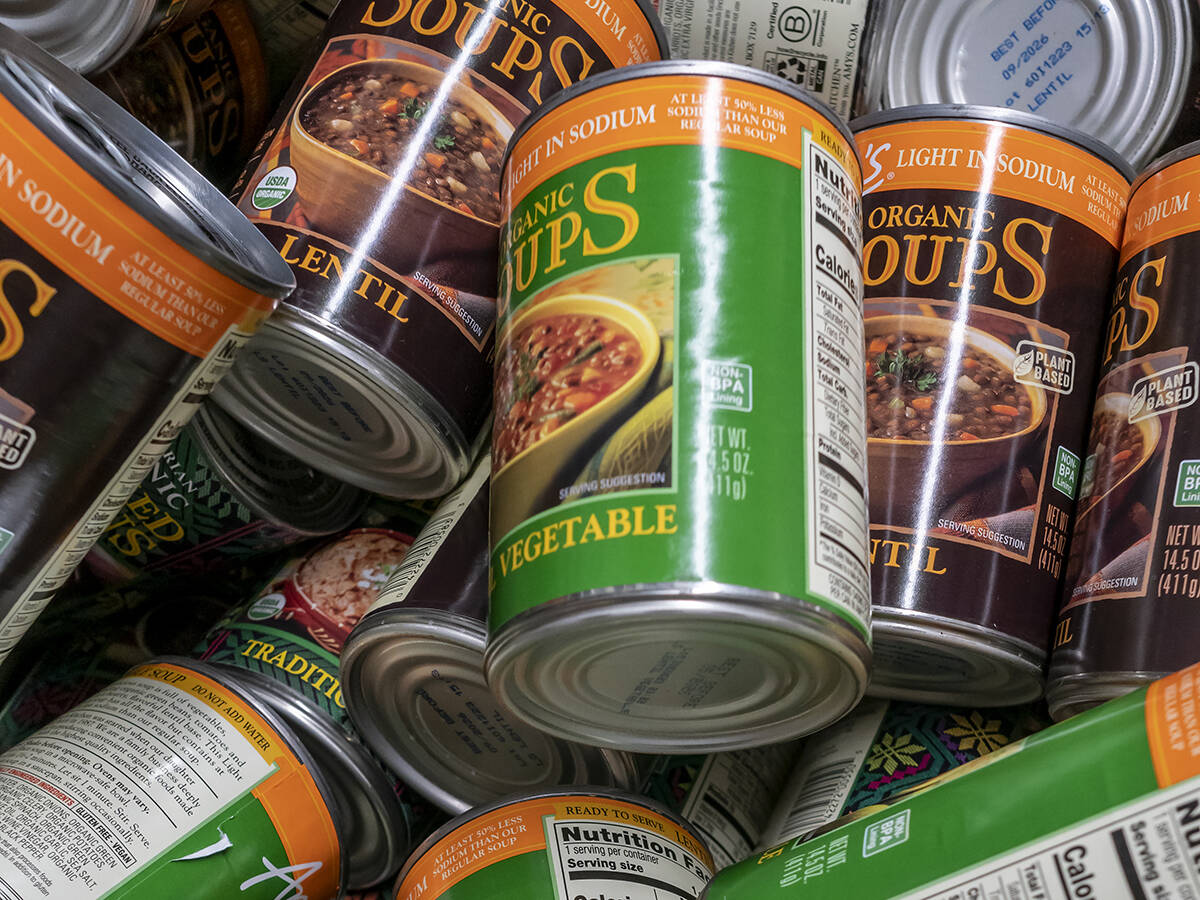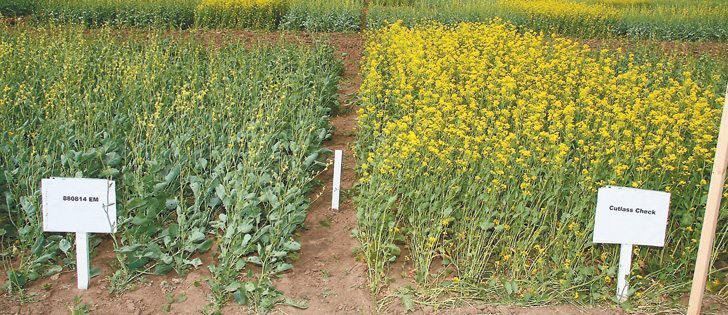We are moving toward a paperless society but there is still a need to maintain a number of important papers, numbers and files. A bit of yearly organization can keep this information safe and accessible. January is a good time to gather the information and to do an update.
Identify what needs to be kept and why, then identify groups of items that should be kept together such as tax related information, personal identification, passwords, family documents and financial records.
Set up files in a filing cabinet, drawer or expandable file for tax related information. Some information such as medical and donation receipts, tips and occasional earning receipts are collected all year while T4, T5 slips, RRSPs, pension receipts and tax forms should soon arrive.
Read Also

Sustainable food has ‘lost all meaning’: prof
That marketing strategy is deader than a doornail, says a University of Guelph professor who specializes in consumer preferences and perceptions of agriculture and food.
Create new files for the 2012 information and file the 2011 year-end slips in the 2011 files as they arrive. When it is time to do your taxes, everything will be in one spot.
If you have youths in your family who are working part-time or are post-secondary students, help them set up a small filing system. Go through a list of what information they will need when they do their taxes.
They need to keep track of tuition, books, medical and donation receipts, tips or casual earnings and pay stubs. If they have moved for school or work, moving expense receipts should also be kept. An expandable folder is an easy way to keep these papers organized.
Maintaining your personal information in a safe and secure location is essential to avoid identity theft. Your passport, social insurance number, health card, driver’s licence and employment identification cards are all essential pieces of identification.
Your passport and SIN should only be carried with you when needed. A safety deposit box provides a secure storage option.
Commit to memory your social insurance number and give it out sparingly such as when contacting a government agency.
It is a good idea to make a photocopy of the identification, bank cards and credit cards that you carry in your wallet. Put this information in the safety deposit box. That will make it easy to notify your banks, creditors and the authorities in case of loss or theft.
There are passwords for computer programs and electronic devices, and banking cards and credit cards now have personal identification numbers. A wallet, cellphone or laptop computer is not the place for these numbers to be stored. Commit these numbers to memory and as a backup, list them in a notebook that is stored in a secure location.
Other important documents that need to be kept are immunization records, marriage, birth and adoption certificates, divorce or separation agreements, immigration and citizenship papers, wills, powers of attorney, titles to property and securities, and life and accident insurance policies. They should be stored in a safety deposit box or fireproof container.
List what you have in your safety deposit box and file it with your tax information files. Update annually.
Your personal, farm and business financial records need to be maintained and retained for at least seven years.
Some information such as property purchase information and expenses to upgrade that property need to be maintained until that property is sold. Receipts and warranty information for large or expensive items should be retained until you dispose of the item.
Investment information should be kept as long as you hold the investment and then for another seven years because it is tax related information. If a computer program is used to maintain your financial records, do a regular backup and store the disks in a safe location. In addition, securely store all land and mineral titles, stock shares, leases, mortgages, loans and agreements for sale.
It is essential to have this data available when a situation arises and it is needed. It is much easier to have it organized so you and your family can access it.
















